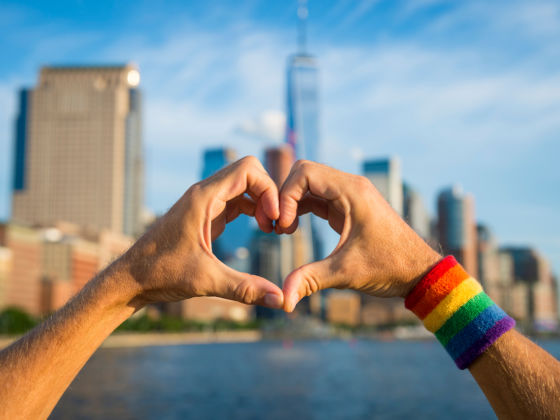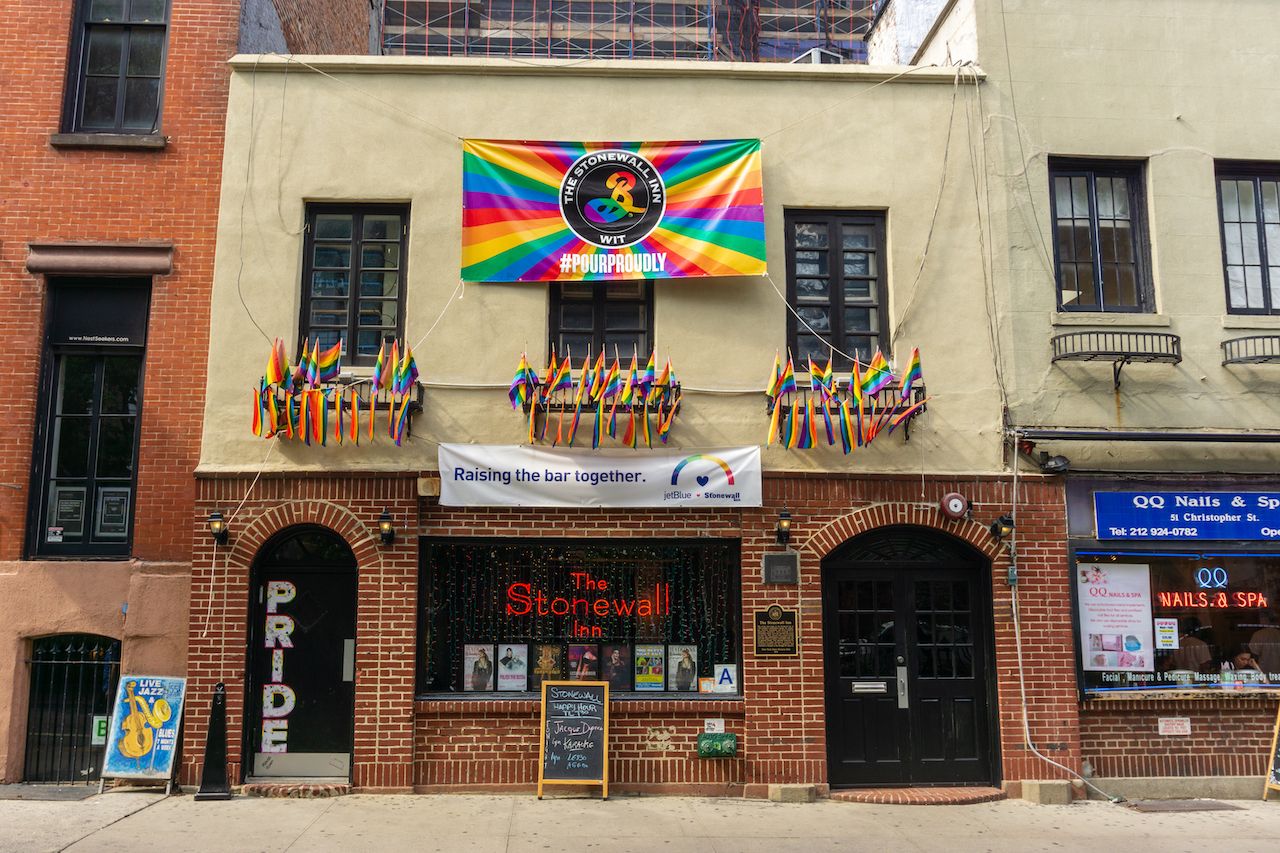June 28, 2019, marks the 50th anniversary of the Stonewall uprising (alternately called the Stonewall riots or rebellion), which was a turning point in the LGBTQ+ rights movement in the United States. While people had long been working for equality for LGBTQ+ people in the US — including the “homophile movement” in the 1950s and ‘60s and other pro-LGBTQ+ demonstrations — the riots at the Stonewall Inn generated national media coverage, the formation of gay and trans rights groups, and massive forward momentum for LGBTQ+ activists and the greater community.
This Pride month, cities around the globe are commemorating Stonewall’s 50th anniversary — and, in particular, New York City will be chock full of marches, exhibitions, performances, and other activities that shine a light on the events of the summer of 1969 and the growth of the LGBTQ+ rights movement. Here’s a quick rundown of Stonewall’s importance and the exciting events happening in NYC this month.

